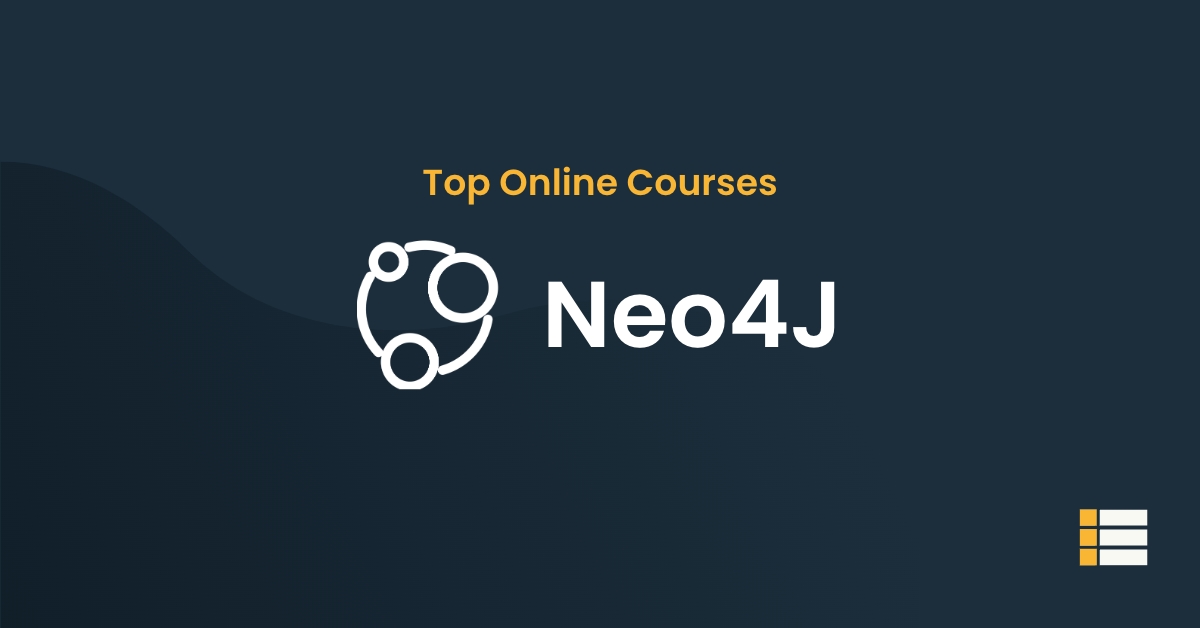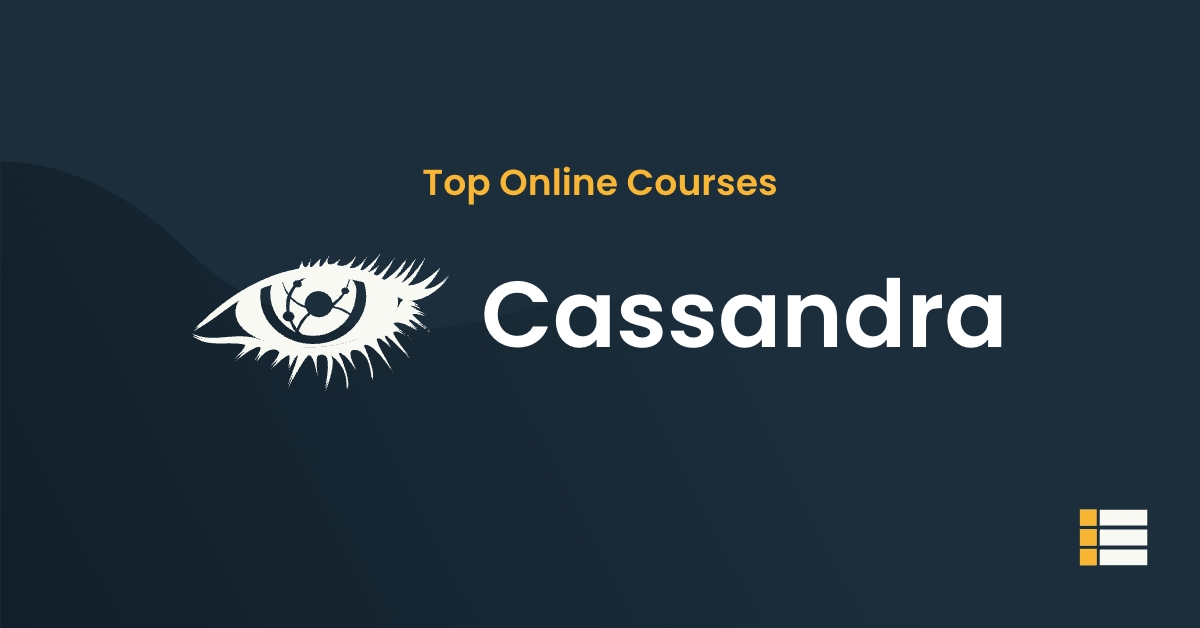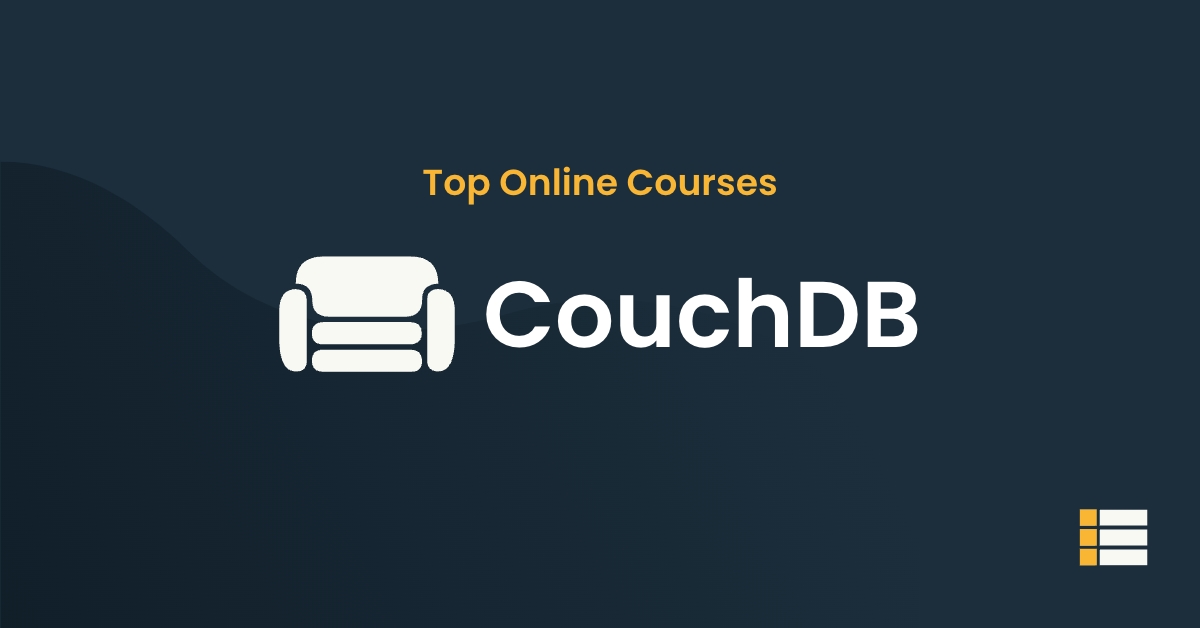Do you need to manage large amounts of data and need to do it quickly? PostgreSQL is the tool you need.
Let’s discuss the benefits of PostgreSQL and how it can help you become more efficient with your data management.
Read on to learn why PostgreSQL is the perfect database for your data needs.
Table of Contents
Learning PostgreSQL Online: A Student’s Guide
What is PostgreSQL
PostgreSQL is an object-relational database system (ORDBMS) that is used for managing data stored in relational databases.
It is an open-source project developed by the PostgreSQL Global Development Group and is free and open source software licensed under the PostgreSQL License.
PostgreSQL is the most advanced open source database and is known for its robustness, scalability, and data integrity.
It supports most of the SQL standard, including stored procedures, triggers, foreign keys, and user-defined types and functions. It also supports indexing, clustering, replication, and partitioning.
PostgreSQL is available for most operating systems, including Windows, Mac OS X, Linux, and Solaris.
The main features of PostgreSQL include:
- SQL support: PostgreSQL supports most of the SQL standard, including stored procedures, triggers, foreign keys, and user-defined types and functions.
- Scalability: PostgreSQL is highly scalable, allowing users to add and remove resources on demand. It can also scale up or down based on the user’s needs.
- High performance: PostgreSQL is built for speed and performance, and can handle large amounts of data in a short period of time.
- Flexibility: PostgreSQL is highly flexible, allowing users to customize the database to their needs. It has a wide range of features and tools that can be used to create custom applications.
- Security: PostgreSQL has strong security features, including authentication and data encryption. It also supports role-based access control and row-level security for better data control.
Overall, PostgreSQL is a powerful, reliable, and scalable database that is suitable for any business or personal data management needs.
It is an ideal choice for web applications, mobile applications, and data warehouses. It is also used by many large companies and governments around the world.
Resources
Whether you are a beginner or experienced user, there are a variety of free and paid learning resources that can help you gain more knowledge about PostgreSQL.
First and foremost, Postgresql.org is an incredible source of information on PostgreSQL. The website contains a wealth of information about the program, including tutorials, manuals, and documentations.
There are also blogs, discussions, community forums, and a comprehensive list of references for further learning.
Next, PostgreSQL-specific courses are available online for those looking for a more structured approach to learning.
Besides our selection of PostreSQL courses above, I recommend the following:
- PostgreSQL for Everybody | Michigan Online
- Intermediate PostgreSQL – University of michigan on coursera
- Freecodecamp full postgre beginner course on youtube
- PostgreSQL Training and Certification Course – MindMajix
- Design Databases With PostgreSQL – Codecademy
There are also plenty of books available on PostgreSQL.
PostgreSQL: Up and Running by Regina O. Obe and Leo S. Hsu is a great introductory book for beginners. For more advanced users, PostgreSQL 9 Administration Cookbook by Simon Riggs is an excellent reference book.
Additionally, PostgreSQL 9 High Performance by Gregory Smith is a great resource for optimizing PostgreSQL performance.
No matter your level of experience, there are plenty of learning resources available to help you become an expert in PostgreSQL.
From online courses to books to tutorials, there is something for everyone to help them on their journey of learning PostgreSQL.
Frequently Asked Questions
What is the best way to learn PostgreSQL?
The best way to learn PostgreSQL is to start by familiarizing yourself with the fundamentals of the database, such as SQL and database concepts. Once you feel comfortable with the basics, move on to hands-on practice by downloading and installing a PostgreSQL server and setting up a database. Explore the database system by running queries and manipulating data. Additionally, take advantage of the many online tutorials, webinars, and books on PostgreSQL for more in-depth learning. Finally, practice with real-world datasets to build your understanding and gain valuable experience.
Is Postgres easy to learn?
Yes, Postgres is easy to learn. It is one of the most popular and widely used databases in the world, so there are plenty of resources to help new users get up to speed. It's also very well-documented, with a wealth of tutorials and documentation available to support users. Its syntax is straightforward and intuitive, and its powerful features allow users to accomplish a variety of tasks with relative ease.
How do I become a DBA in PostgreSQL?
Becoming a database administrator (DBA) in PostgreSQL requires technical knowledge, database management skills, and experience. To become a DBA, you must have a thorough understanding of database design, data modeling, database administration, and database performance tuning. You should also have experience with the PostgreSQL architecture and its associated tools. Additionally, you should have a solid understanding of PostgreSQL's features and use cases. To further improve your skills, getting certification in PostgreSQL can be beneficial. Finally, gaining experience with database programming, data management, and automation will help you become a successful DBA in PostgreSQL.
Is PostgreSQL harder than MySQL?
PostgreSQL is often praised for its support for more advanced features such as stored procedures, triggers, and user-defined functions, which require more specialized knowledge than MySQL. On the other hand, MySQL offers simpler commands and can be more intuitive for those with basic database knowledge. Ultimately, the decision of which to use depends on the specific needs and experience of the user.
Is PostgreSQL good for Career?
Yes, PostgreSQL is a great choice for career advancement. It is one of the most popular and widely used open-source relational databases that is reliable, stable, and easy to access. With PostgreSQL you can easily develop applications for web and mobile, data warehouses, and cloud applications. It has an intuitive user interface, which makes it easier to learn and use. PostgreSQL is becoming increasingly popular in the world of data-driven businesses, making it a great choice for professionals looking to advance their career.
What is PostgreSQL used for?
PostgreSQL is used for a variety of purposes such as data analysis, data warehousing, content management, web application development, and more. It supports a wide range of programming languages, as well as many popular development frameworks. PostgreSQL also offers full text search and GIS (geospatial) support, giving developers the ability to create powerful and sophisticated applications.
What is difference between SQL and PostgreSQL?
SQL (Structured Query Language) is a standard language for interacting with databases, while PostgreSQL is an open source, object-relational database system. PostgreSQL follows the SQL standard quite closely, with additional features such as advanced indexing and functions as well as built-in replication, making it a powerful and robust database. PostgreSQL also supports a wide variety of programming languages, giving developers the ability to easily interact with their databases and create complex data models.
Is PostgreSQL a SQL or Nosql?
PostgreSQL is a relational database system that is based on the SQL language. It is not a NoSQL database system as it follows the traditional model of a relational database. It uses Structured Query Language (SQL) for data storage, retrieval, and manipulation, making it a SQL database.
Is PostgreSQL better than MySQL?
PostgreSQL is an advanced open source relational database management system that offers a broad range of features and capabilities, making it a great choice for those who need a powerful and reliable database. On the other hand, MySQL is a popular open source relational database management system that is easy to use and cost-effective. Each system has its own advantages and disadvantages, so it is important to consider your individual needs and preferences before deciding which one is better for you.
Conclusion
In conclusion, PostgreSQL is a powerful and versatile database that can be learnt online with the use of a variety of online tutorials and courses.
It requires a good understanding of the core concepts associated with relational databases and SQL, such as keys, indexing, and query optimization.
With the right resources and hard work, anyone can learn to use PostgreSQL and be successful in the world of database management.


 Online course by
John Elder
Online course by
John Elder

 Online course by
Sadiq Basha
Online course by
Sadiq Basha
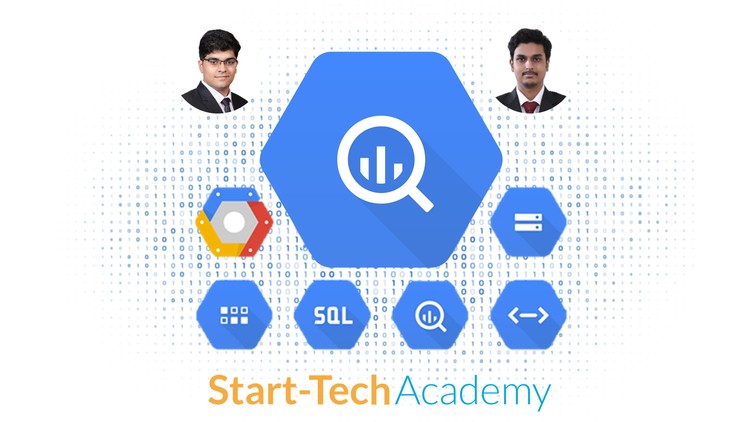
 Online course by
Start-Tech Academy
Online course by
Start-Tech Academy
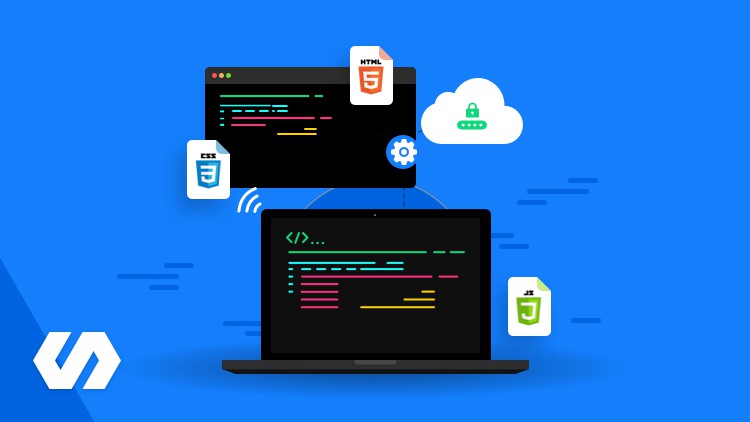
 Online course by
Stephen Grider
Online course by
Stephen Grider
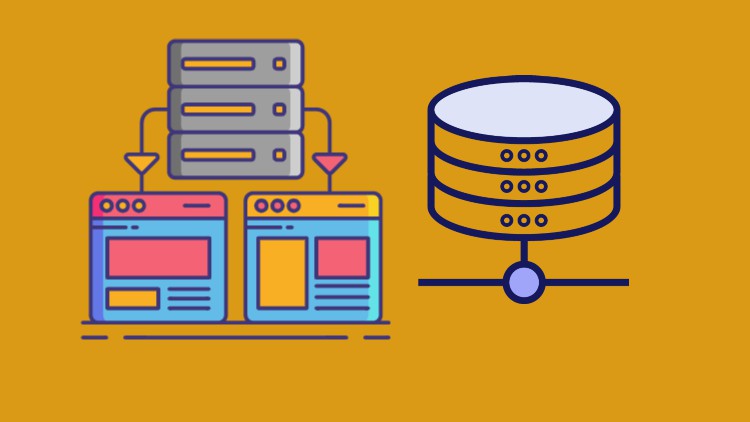
 Online course by
Bluelime Learning Solutions
Online course by
Bluelime Learning Solutions

 Online course by
Will Bunker
Online course by
Will Bunker
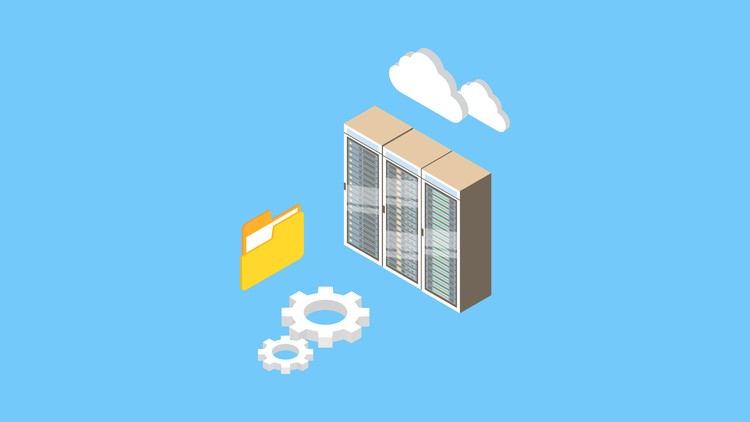
 Online course by
Bluelime Learning Solutions
Online course by
Bluelime Learning Solutions
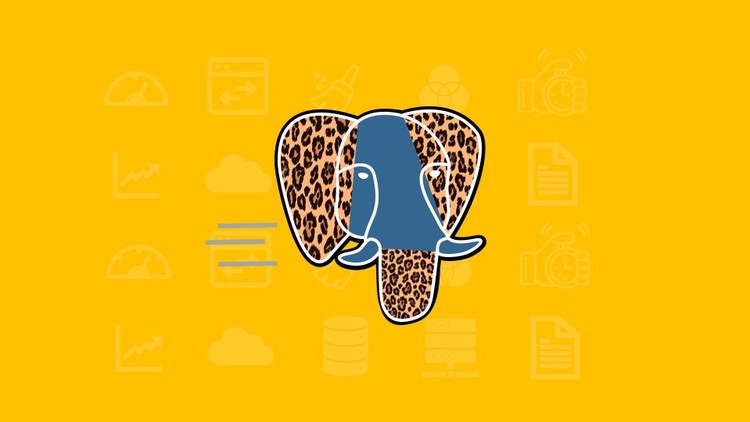
 Online course by
Lucian Oprea
Online course by
Lucian Oprea
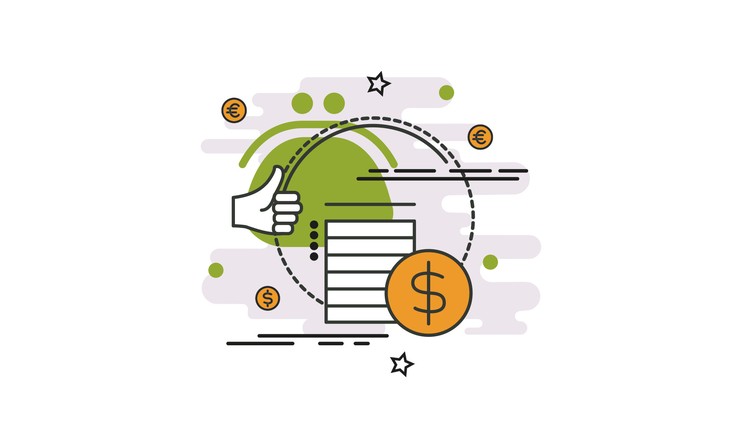
 Online course by
Bluelime Learning Solutions
Online course by
Bluelime Learning Solutions
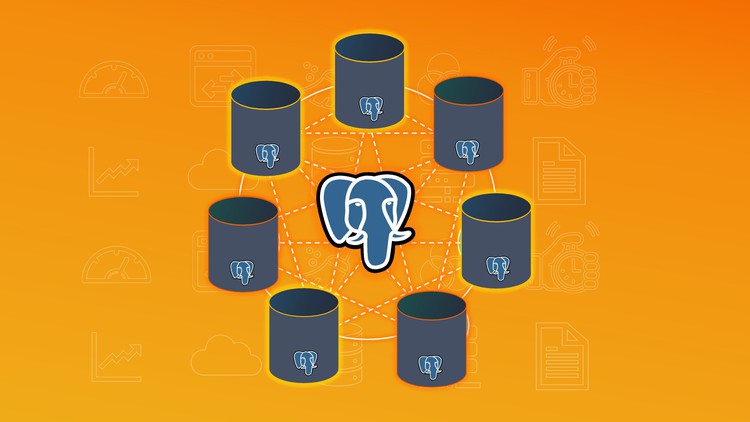
 Online course by
Lucian Oprea
Online course by
Lucian Oprea
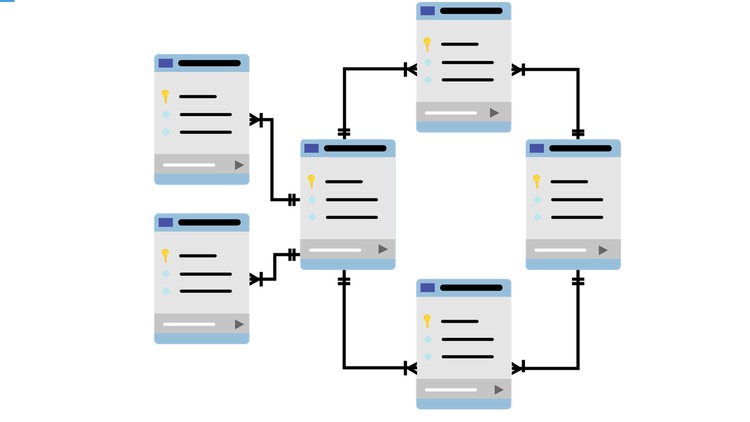
 Online course by
Arthur Fong
Online course by
Arthur Fong

